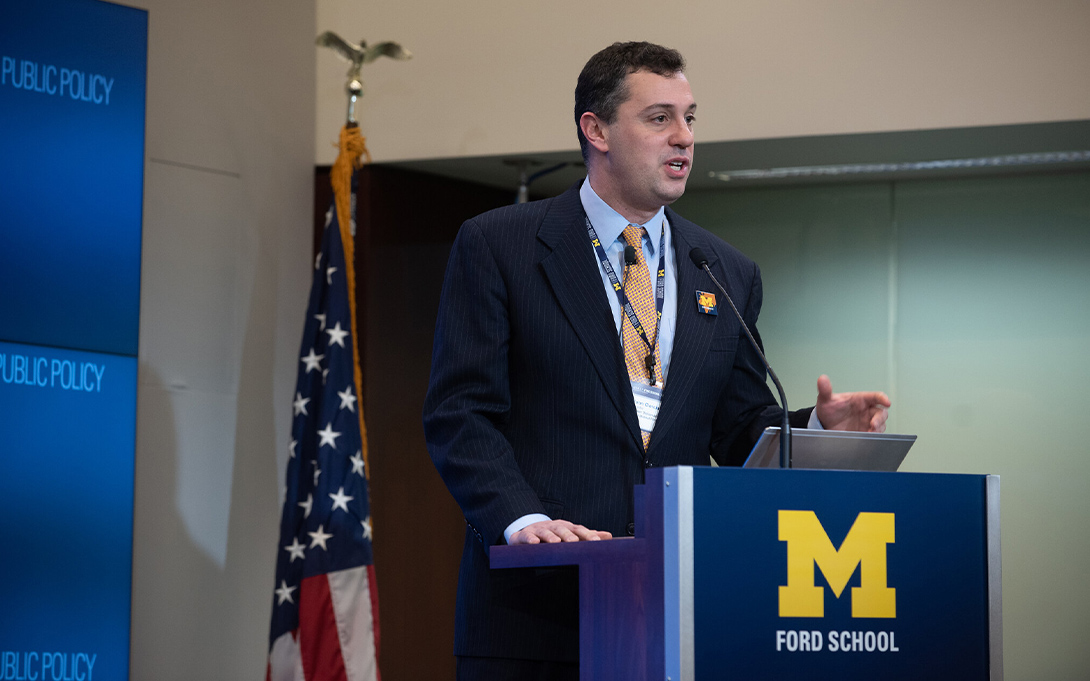
John Ciorciari, VOA: John Ciorciari, associate professor of public policy at the University of Michigan, said in an email to VOA Khmer that ASEAN remains an important forum for diplomacy, but “without consensus on some of the region’s most pressing challenges, it has little weight as a collective entity.”
“ASEAN members keen to resist China’s maritime advances must look elsewhere for support,” he said.
Ciorciari said individual ASEAN claimants can forge more fluid diplomatic and strategic coalitions, drawing in external actors, including the Quad. Formed by the United States, India, Australia and Japan, the Quad’s primary objectives are to work for a free, open, prosperous and inclusive Indo-Pacific region, according to a joint statement issued by Prime Minister Anthony Albanese of Australia, Prime Minister Narendra Modi of India, Prime Minister Fumio Kishida of Japan and President Joe Biden of the United States in May 2022.
“This entails considerable risk, but the alternative paths of relying on ASEAN and bilateral diplomacy are clearly a recipe for continued Chinese encroachment,” Ciorciari said.
“China’s references to a new cold war carry an implicit threat, suggesting that Southeast Asian states will face costs if they side with the United States,” Ciorciari, of the University of Michigan, said.